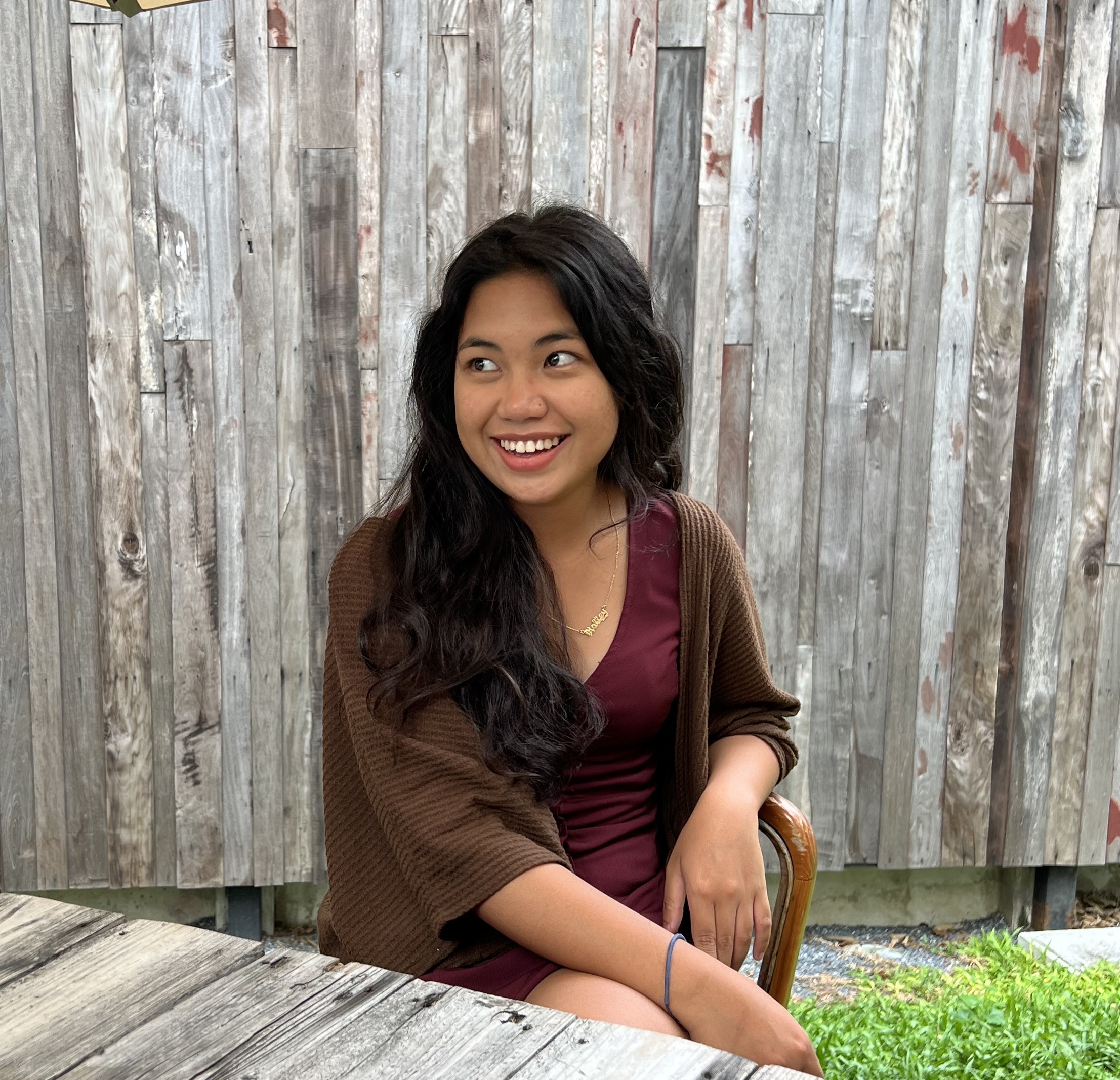BIO
Hello! My name is Halley and I joined the DePasquale Lab in 2024 as a Biomedical Engineering PhD student, co-mentored by Jerry Chen. I received my B.Sc. in Individualized Studies from Loyola Marymount University where I took courses across multiple departments including Biology and Mathematics. During my undergrad, I worked with Dr. Armin Bahl at the University of Konstanz to study decision making in zebrafish via their phototactic behaviors. It was there that I got interested in brain and behavior and the question of individual variability, which I am currently exploring at BU.
BACKGROUND - PASSIONS AND INTERESTS
On a philosophical level, I am interested in investigating how variations in neural circuits shape behavior and create the defining characteristics that make us individuals. My fascination with individual variability began as an intellectual curiosity when I read ‘The Man Who Mistook His Wife for a Hat’ by Oliver Sacks. Through the book, I learned about visual agnosia and motion blindness, which blurred my understanding between the objective physical world and the subjective perceived world. When I came to the US after living in Thailand my whole life, I realized that the subjectivity of perception extends to the sociocultural world - all of the values that we adopt from our cultures and upbringings inform the way we perceive what’s good and bad, normal and odd. As I continued to meet more people from more backgrounds and had conversations about everyday experiences with my close friends, I realized that this subjectivity is everywhere. This made the world much more beautiful to me. I think it’s quite amazing that infinite possible perceptions and experiences can exist in one shared, objective world.
All of that motivates my scientific pursuit of understanding individual variability, which I am currently doing with mice performing decision making and learning tasks. Here, I aim to understand the neural mechanisms behind observed behavioral variability, which is usually understood in the context of bias or engagement in learning. I hope to apply machine learning models such as state-space models to further understand variability and the complex dynamics between the brain and behavior.
Outside science, I really enjoy the arts - making music, writing, reading, and drawing. I think the arts go hand in hand with my fascination with individuality since it is there where perception is known to be highly individualized. In addition, I love staying active, so I enjoy traveling and playing sports like badminton/volleyball!

